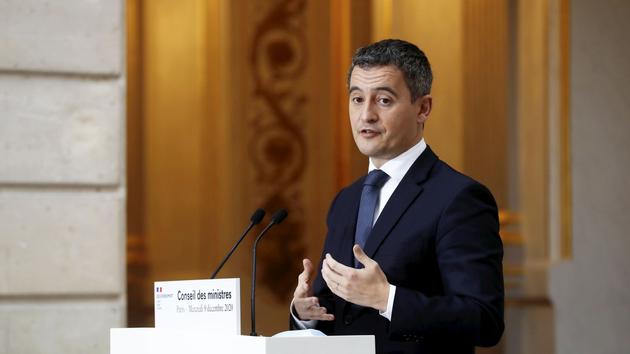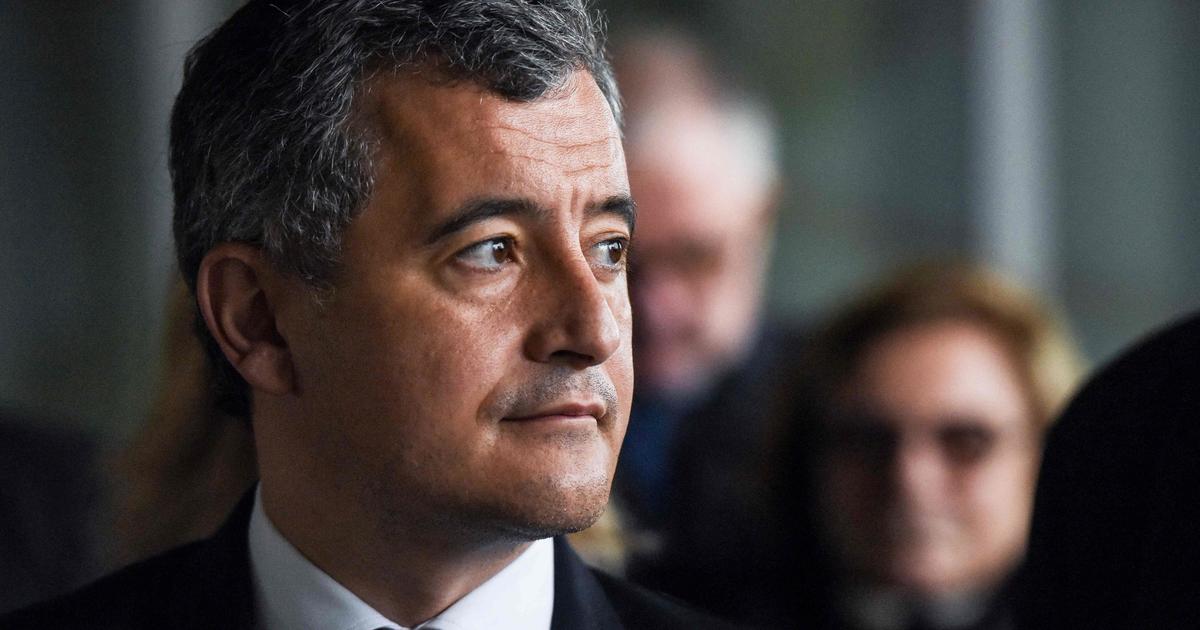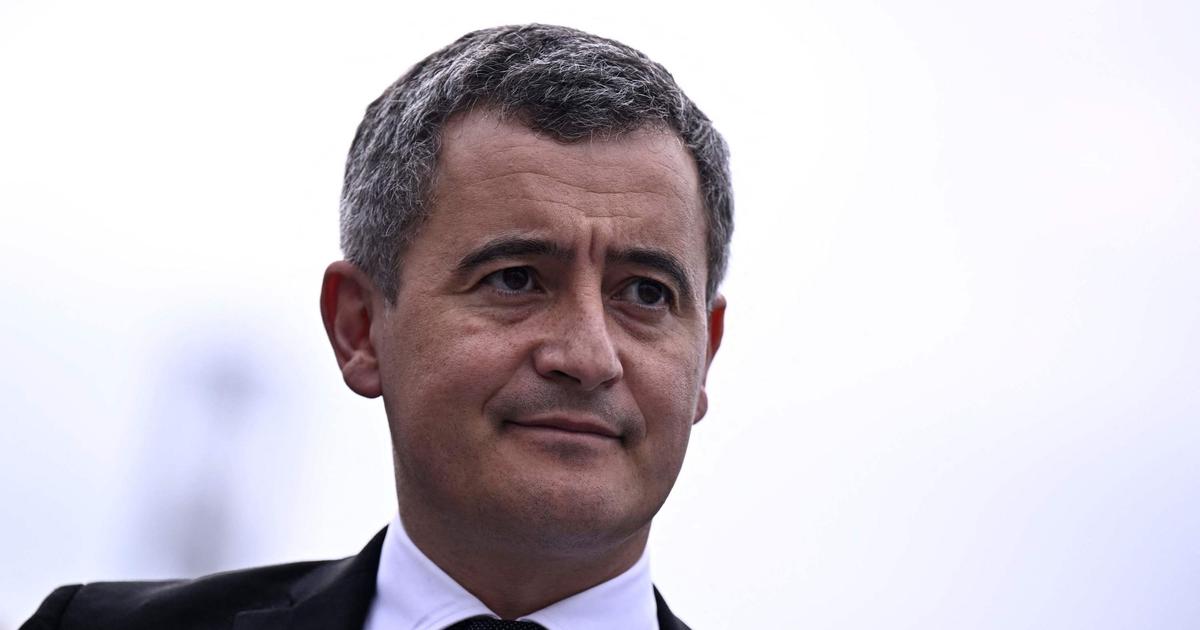Better distribute the security forces on the territory, to strengthen the consistency between the police zones and the gendarmerie zones.
This is the project of the Minister of the Interior, Gérald Darmanin.
Read also:
Delinquency is gaining country France
The distinction between city police and field police has seriously blurred, it is true, over time.
The director general of the national gendarmerie, Christian Rodriguez, recently explained to a senatorial mission focusing on the
“territorial anchoring of internal security”
that
“between 60% and 70% of the gendarmes work in urban areas”
today.
How can we see more clearly in the distribution of territories between the two forces?
Nicolas Sarkozy had tackled this delicate project, in his time, before meeting resistance, among certain elected officials in particular.
“Many mayors stepped in, not wishing to see the barracks or the police station that their town had always hosted leave.
With what that implies on the human, social and economic plan, since these redeployment plans concern entire families ”
, remembers a prefect who was in charge of these files.
At the time, Nicolas Sarkozy wanted the rule assigning cities of less than 20,000 inhabitants to the national gendarmerie and the largest entities to the national police to be better respected and that a distribution especially take shape according to the areas of delinquency.
"Delinquency pool"
The two successive waves of redeployment, from 2003 to 2006, then that of 2011, made it possible to make transfers in two thirds of the departments, affecting around 350 municipalities.
But the file had become too sensitive and the administration had to take a break.
Toulouse, Grenoble or Mulhouse, for example, were not treated as the Ministry of the Interior wanted.
Today, the police have a little over 150,000 agents and the gendarmerie around 100,000 personnel.
The heirs of the constabulary are therefore a third less numerous than the police, but they argue that they protect almost 50% of the population in an area of jurisdiction which covers 95% of the territory.
This originally rural France, but increasingly peri-urban, which is entrusted to them has seen its population grow by a million inhabitants in just a few years.
Read also:
In the South, everyday delinquency monopolizes the gendarmes
“The agglomerations have expanded”
, explains Gérald Darmanin, before specifying:
“In the metropolitan area of Toulouse, there are four towns under the authority of the police, and all the rest of the area, which is highly urbanized, is under the control of the gendarmerie.
We must without taboos move towards a more efficient organization
,
”he
adds, referring to the notion of
“ crime pool, such as those around public transport or motorway axes ”
.
In his mind, the police should recover, in Haute-Garonne, the densely populated areas that the gendarmerie had to respect the logic of the urban plate, justifying the police establishment.
Conversely, could certain predominantly rural departments, such as Ariège, Lozère, Creuse or Cantal be essentially administered by the gendarmerie, by recovering the administrative centers entrusted to the police?
The option was put on the table on the occasion of the publication of the white paper on security last November, but the national police are fiercely opposed to it, believing that it must be present in all departments.
“Beyond the symbol, it is interesting for the national police to have a sort of head office in each of the departments,”
said Eric Morvan, the former director general of the national police (DGPN), before the senators.
Last November, the host of Beauvau outlined another reform for the police: the creation of a
"single departmental directorate in each department"
which will have under his orders
"public security, border police and judicial police"
.
This new organization will be set up
"from the beginning of next year in three metropolitan departments: Pas-de-Calais, Savoie and Pyrénées-Orientales"
, explained Gérald Darmanin, stressing that
"two of these three border departments are experiencing difficulties linked to immigration ”
.
The time is therefore for experiments, but they will take place in 2022, in the midst of the presidential election.
Frédéric Péchenard, ex-DGPN who became LR vice-president of the Ile-de-France regional council, considers that this reform is a
“lure”
and that
“it comes too late”
.
Gérald Darmanin advances in difficult terrain.
The minister in Limoges with the police
The Minister of the Interior is due to go this Monday to Limoges (Haute-Vienne), to meet the agents of the prefecture, then the personnel of the city police. The opportunity for a "discussion time" with agents, to test reforms? In this rural department of 375,000 inhabitants, villainous violence (committed with the aim of stealing) fell by around 10% last year, “gratuitous” violence (often within the family) fell by 4% and sexual violence by 7%. In March 2019, Gérald Darmanin had already come to Haute-Vienne, as Minister of Public Accounts, to reassure officials, while many treasuries were closing their doors in Limousin.










/cloudfront-eu-central-1.images.arcpublishing.com/prisa/2C5HI6YHNFHDLJSBNWHOIAS2AE.jpeg)




